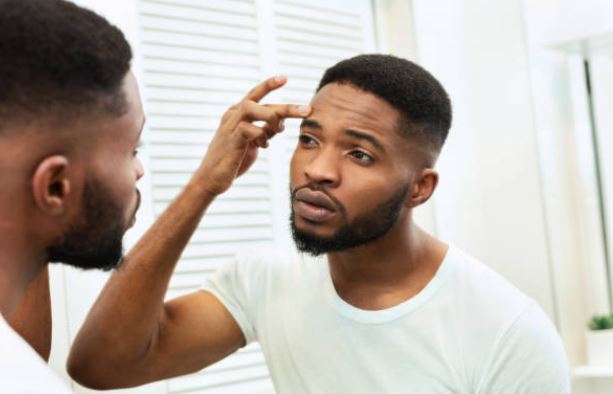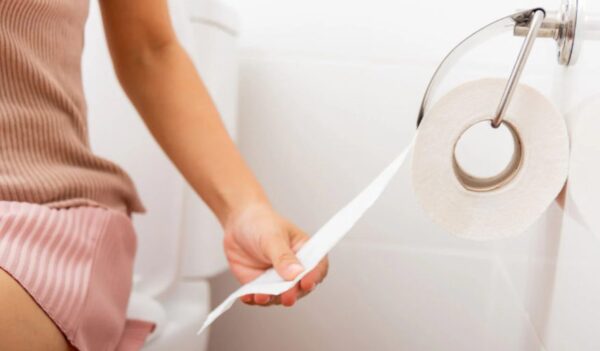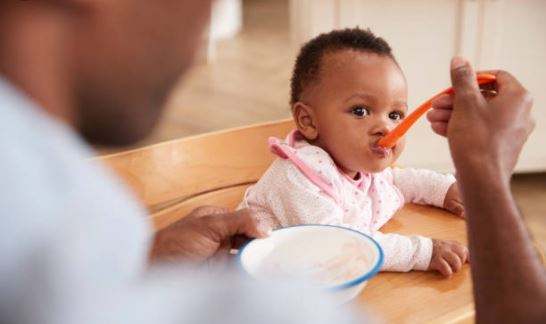Lifestyle
4 unusual signs of dehydration most people don’t know

Dehydration is when you lose more fluid than you consume and your body doesn’t have enough water and other fluids to carry out its normal functions.
Apart from losing water, if you are dehydrated, it also means you’re losing electrolytes such as salt and potassium.
These are essential to help your body breathe, move, talk, and do all the other things to stay active.
It’s important to watch your fluid intake If you’ve been sweating too much due to heat or overexertion, throwing up due to an illness, having diarrhea, or urinating frequently.
If you’re thirsty, that’s the most obvious sign you’re dehydrated. But the signs of dehydration aren’t always so obvious.
Untreated dehydration can cause the heart rate to increase, leading to a strain on your heart. Here are some unusual signs of dehydration which should not be ignored.
1. Bad breath
Saliva has antibacterial properties and dehydration can prevent your body from making enough saliva. Due to this, you can get bacterial overgrowth in the mouth which leads to bad breath. It’s the same reason people mostly wake up with a bad morning breath. Saliva production slows down during sleep leading to an unpleasant taste and smell in the mouth due to the growth of the bacteria overnight. So the next time your mouth seems dry and your breath smells weird, it is a sign for you to rehydrate.
2. Dry or flushed skin
Dehydrated skin means that your skin is lacking water. It can become dry, flaky, itchy and even dull looking. Weather changes, unhealthy diet and lifestyle choices such as alcohol or caffeine consumption can deplete your skin’s water content. Another key skin-related symptom is that your skin remains tented after being pinched and takes some time to return to its normal, flat appearance.
3. Muscle cramps
The hotter you get due to activity or the weather, the more likely you are to get muscle cramps due to the heat’s effect on the muscles. As the muscles work harder, they can seize up from the heat. Changes in the electrolytes such as sodium and potassium can also lead to muscle cramps.
When it comes to easing muscle cramps, plain water may not be enough. A 2019 study published in the BMJ Open Sport and Exercise Medicine found that when participants rehydrated after exercise with a drink containing electrolytes, they were less likely to develop muscle cramps. On the other hand, participants who drank plain water were more likely to have cramps. It is important to note that even in cooler weather, dehydration is possible if you don’t drink enough fluids while working out or any other intensive activity.
4. Cravings for sweets
When you’re dehydrated, the lack of water can make it difficult for organs such as the liver to release glycogen, which is the stored glucose, and other components of your energy stores. This can trigger sugar cravings to provide a quick source of energy when what you actually require is to drink more water and rehydrate yourself. If you think your sugar cravings are due to dehydration, try drinking water before reaching out for that donut. Also aim to drink ample water on a daily basis.









